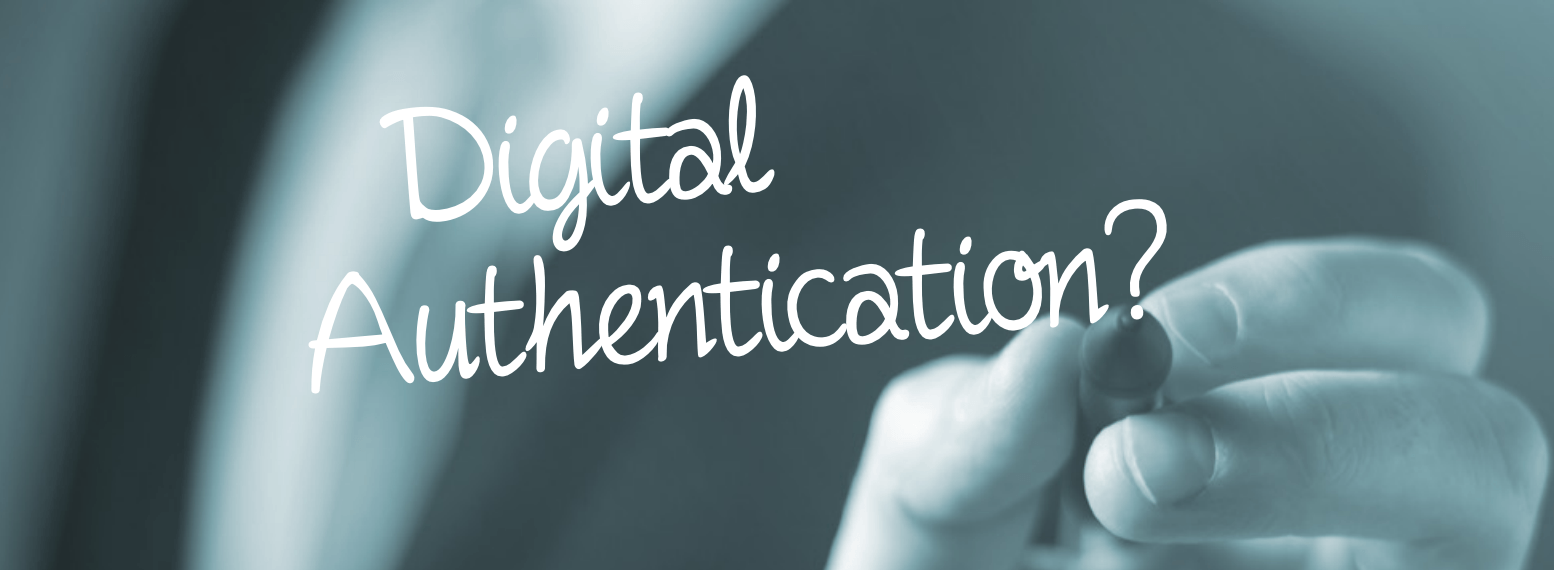Digital signature and identification solutions provider, Evidos, produced the report which looks at the legal framework for digital signatures. The report details what types of authentication methods are needed for different documents, the forms of authentication, what people should think about when choosing a digital signature solution, criteria for digital authentication, and legal validity. The paper situates itself in the European context.
More and more enterprises are digitising, and the paper explains the advantages of digital signatures to written ones, in that the former are faster, cheaper, give more control, are traceable, and more resource-efficient, as there is no need for paper.
Regarding relevant regulations that set the standards for digital signatures, the report overviews the eIDAS regulation and the type of signatures defined by it. eIDAS comprises standards for e-identification and trust services involving electronic transactions in the EU and as such sets the landscape for secure interaction between businesses, people, and public authorities.
The paper also deals with issues like when digital signatures may not be necessary, digital identity, authentication and independent third parties, and considering digital signature requirements by local supervisory authorities.
You can download and view the report here.


